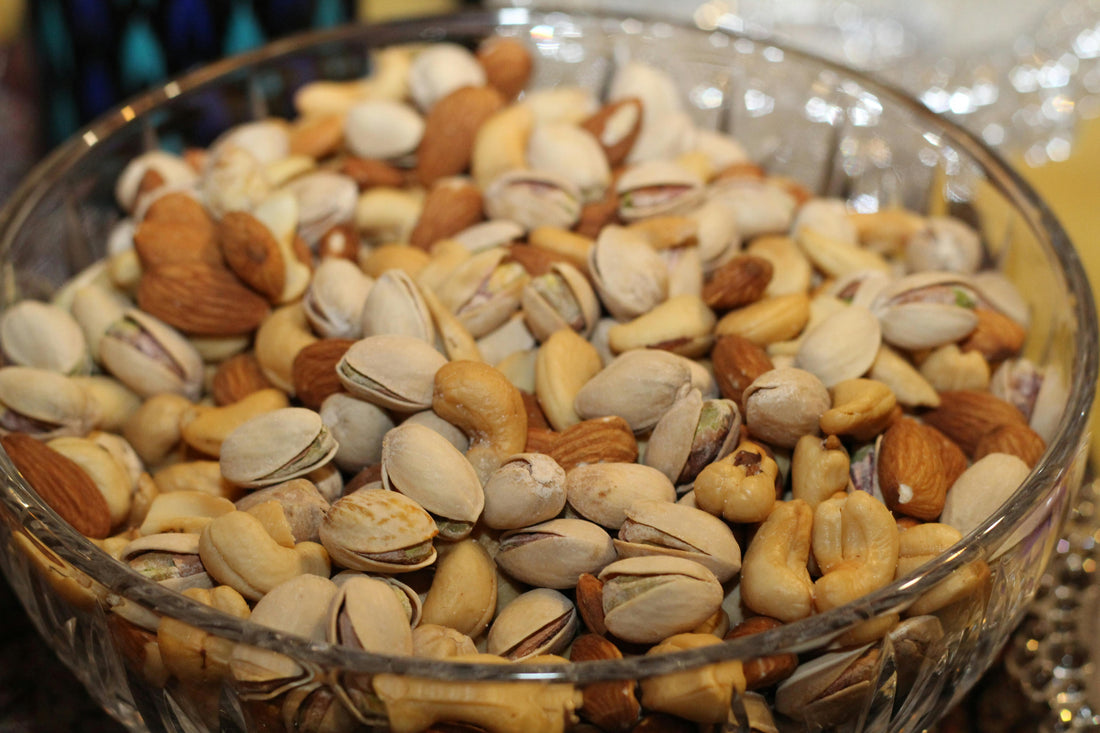
How Nuts, Good Fats, and Your Genes May Influence Type 2 Diabetes Risk
Share
We’ve all heard that fat is bad, but that’s not the whole truth. While it’s wise to cut down on saturated fats (found in butter and fried foods), replacing them with healthy fats—especially polyunsaturated fats—can support better health. Two key types of these fats are linoleic acid (LA) and alpha-linolenic acid (ALA), mostly found in nuts, seeds, and vegetable oils.
Scientists wanted to know: can these fats help lower the risk of type 2 diabetes? And does our genetic makeup change how our bodies respond to them?
What the Study Looked At
Researchers combined data from two large studies:
- EPIC-InterAct, a long-term study involving over 17,000 people in Europe.
- PREDIMED, a clinical trial in Spain focusing on the Mediterranean diet.
They looked at what people ate, especially nuts and plant-based fats, and checked their blood for certain fat types. They also looked at a gene called FADS1, which affects how our bodies process these fats.
Key Finding #1: Blood Fat Levels Matter More Than Diet Records
People who had higher blood levels of LA and ALA had a lower risk of developing type 2 diabetes. But surprisingly, just eating more of these fats didn’t show the same benefit. Why? Food surveys may not reflect what the body actually absorbs or uses, while blood tests give a clearer picture.
Key Finding #2: Nuts Boost Good Fat Levels
Eating nuts regularly increased blood levels of LA and ALA. Nuts also lowered levels of another fat called arachidonic acid (AA), which can cause inflammation when too high. This means nuts may shift the balance toward healthier fat types in the body.
Key Finding #3: Your Genes Can Make a Difference
Some people carry a version of the FADS1 gene that makes it harder for their bodies to convert LA and ALA into other important fats. In the study, people with this gene version (called the "C" allele) had a stronger response to eating nuts—their healthy fat levels rose more, and harmful fat levels dropped more.
But… Not a Clear Link to Diabetes Risk
Even though nuts improved fat levels in the blood, and gene type affected how strongly this happened, the researchers didn’t find strong proof that these changes led to a significantly lower diabetes risk for any gene group.
What This Means for You
Here are some takeaways you can use:
- Eat nuts regularly: A handful (about 4 grams or more daily) may help improve your blood fat profile.
- Focus on food quality: Plant-based fats from nuts and seeds are better than saturated fats.
- Blood tests may tell more than food logs: Ask your doctor about fatty acid testing if you're concerned about heart or diabetes risk.
- Your genes may influence how your body responds: In the future, personalized nutrition based on DNA could help tailor diets to your body’s needs—but we’re not quite there yet.
Final Thoughts
This study supports what we already know: nuts and plant-based fats are good for your health. While your genes may play a role in how strongly you benefit, adding nuts to your diet is a simple, tasty step toward better wellness—no genetic test required.
